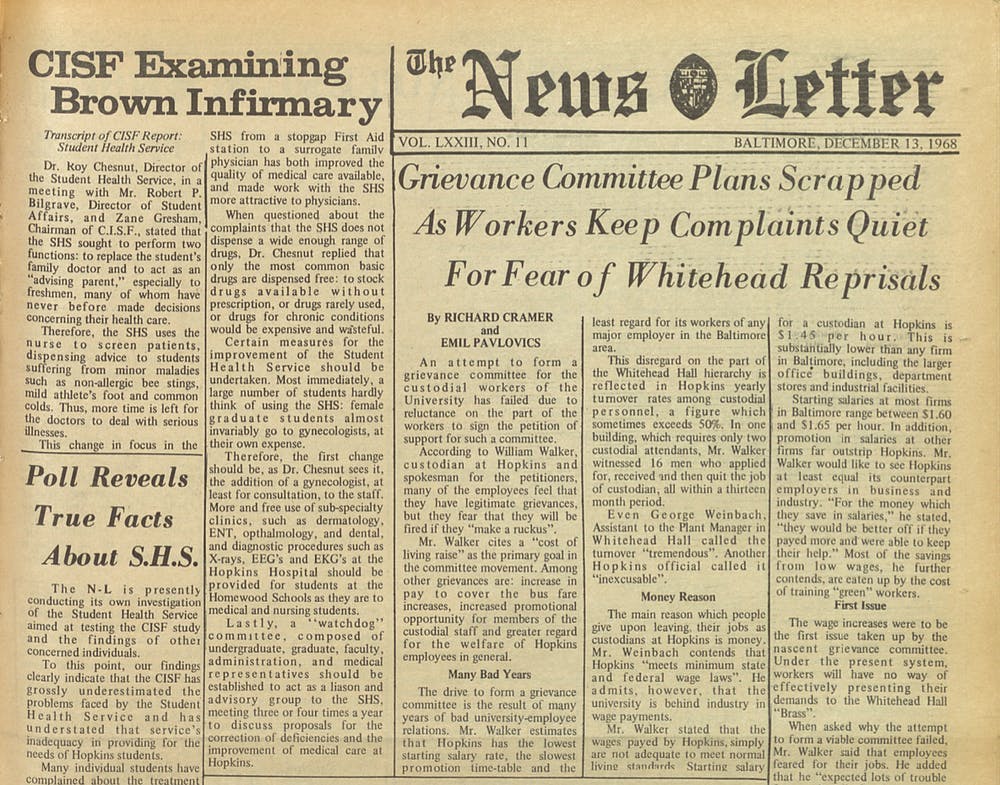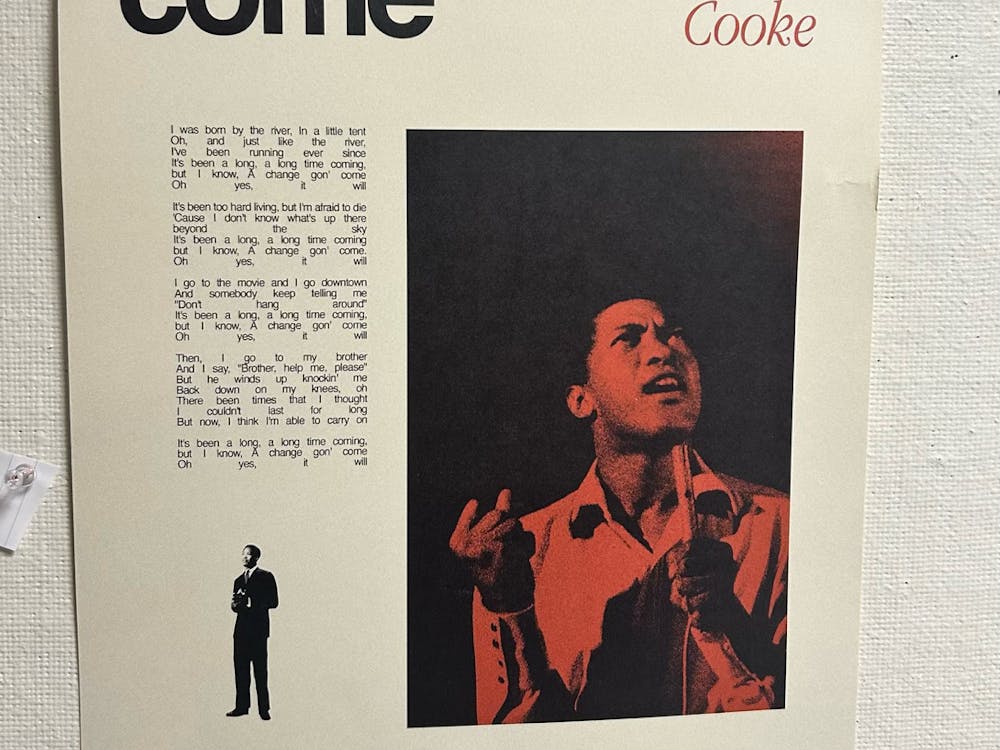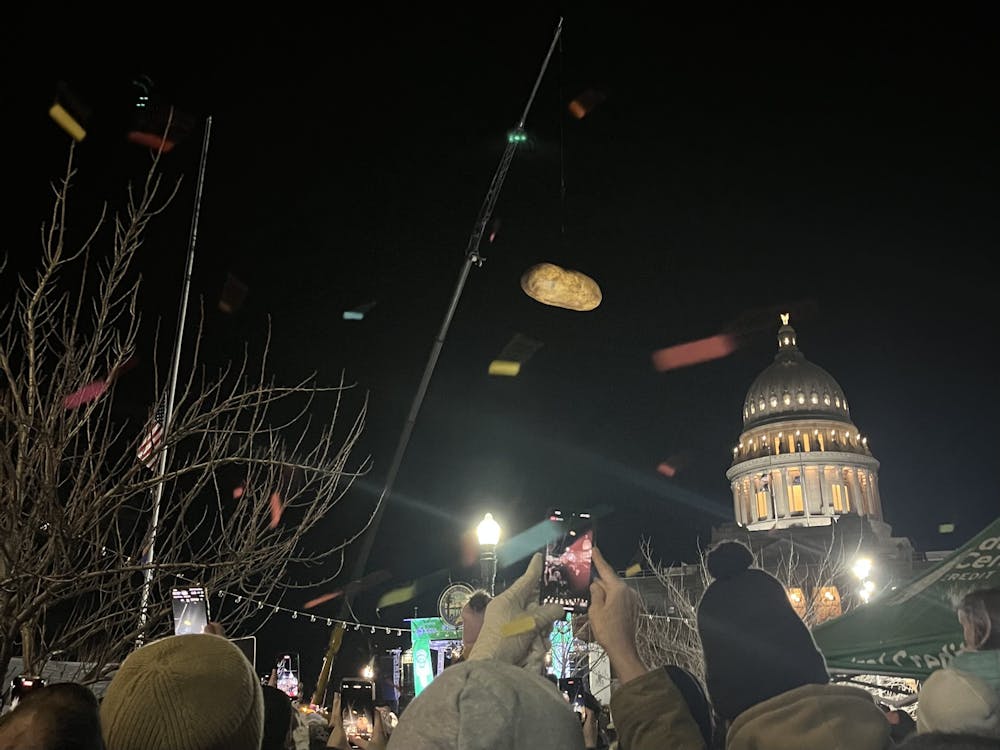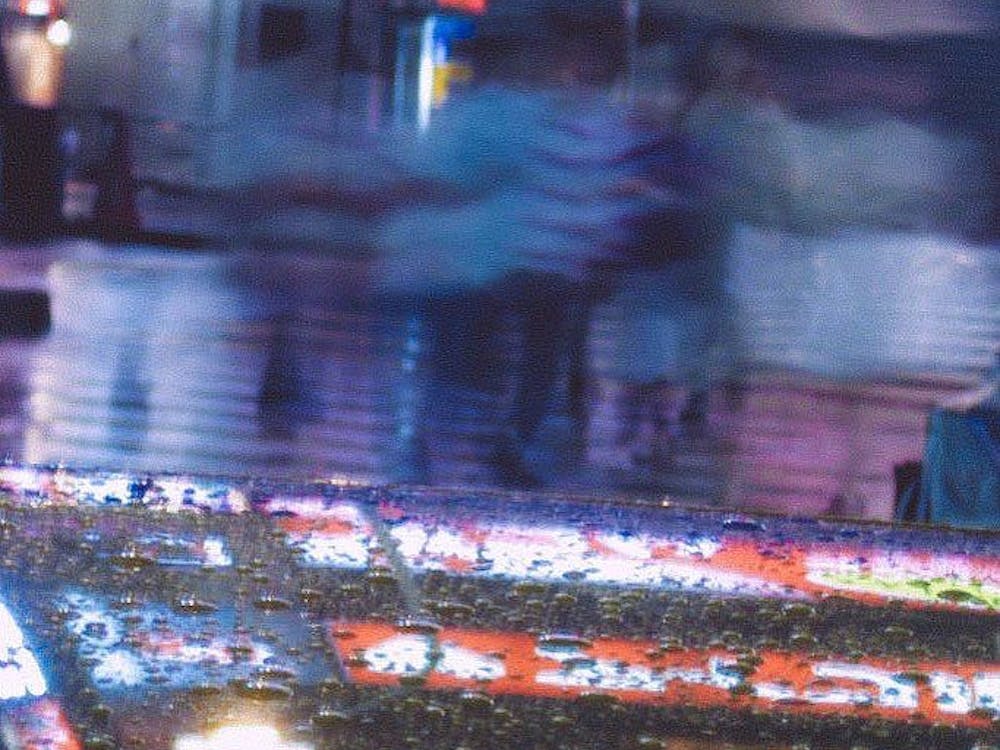Ellie Rose Mattoon:
After logging out of my Zoom class last November, my phone rang with an email notification. To my surprise, it was a reply to an interview request I had sent the day prior to a person I never thought would actually respond.
I have some time before 11am. Here’s my number:
My hands started to shake. It was 10:15. There was time.
When I pitched a story to the SciTech Editors about Hopkins alumni’s roles in the new Biden administration, they understandably told me to keep my expectations low when requesting interviews. Nevertheless, they supported my idea. And now, I was dialing up Dr. Céline Gounder, one of the Biden administration’s top COVID-19 advisors. For a STEM nerd like myself, I was beginning to fangirl.
Gounder picked up after two rings, and we proceeded to have a dense conversation with the precious minutes she had to spare. We touched on the administration’s plans for vaccine rollout and the team’s difficulty in collaborating with the Trump administration, who at the time had not yet conceded the election. Even on the phone, I could tell that Gounder possessed a rare combination of both the directness that often accompanies expertise and an idealism that could not be taught. In some of the darkest days of the pandemic, I ended her interview with a spark of hope for the future.
Since that magical interview, SciTech has given me the opportunity to talk with people from across the country about the things they are most passionate about. Whether it’s a team of Hopkins undergraduates working to design a better mask or a principal investigator hoping to study the human microbiome, I leave every interview refreshed with the opportunity to see the best of people for 30 minutes.
Will Blair:
SciTech has immersed me in the incredible research and discovery that takes place at Hopkins. I clearly remember coming to my first Student Involvement Fair and being hopelessly overwhelmed by the number of clubs and opportunities for students. After some writing experience in high school and promises that science writing would look great as a pre-med student (it does!), I decided to join The News-Letter.
In our first meeting at the Gatehouse, the snug News-Letter office located on campus by the Baltimore Museum of Art, our editors asked us to explain why we were excited about joining The News-Letter. With no definitive answer, I asked, “Is there free merch?” Unfortunately, there was not, but I gained much more than any merch could offer.
My first article was on the annual Henrietta Lacks Memorial Lecture, an event that serves to commemorate the contributions of Lacks to the scientific and medical community. During treatment for an aggressive form of cervical cancer, doctors collected some of her cancerous cells. Now known as HeLa cells, they continue to reproduce to this day, nearly 70 years after her death. The highlight of the event was speaking with the family members of Lacks and hearing their emotional account of the person she was and the incredible legacy she left behind.
As a News-Letter writer, I learned that I could gain access to the entire Hopkins ecosystem of researchers, doctors, professors, innovators and other students.
My favorite article came at the beginning of the COVID-19 pandemic when I had the opportunity to cover the creation of the Hopkins Coronavirus Resource Center. I interviewed the founders of the center, a team of only three people at the time. It was incredible to gain an unfiltered perspective of one of the most important innovations of the COVID-19 pandemic.
The News-Letter has gifted me amazing insights and conversations with Hopkins doctors, researchers, professors and even fellow peers and an opportunity to constantly learn outside of the classroom.





